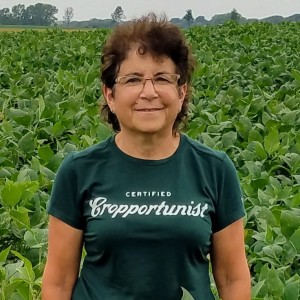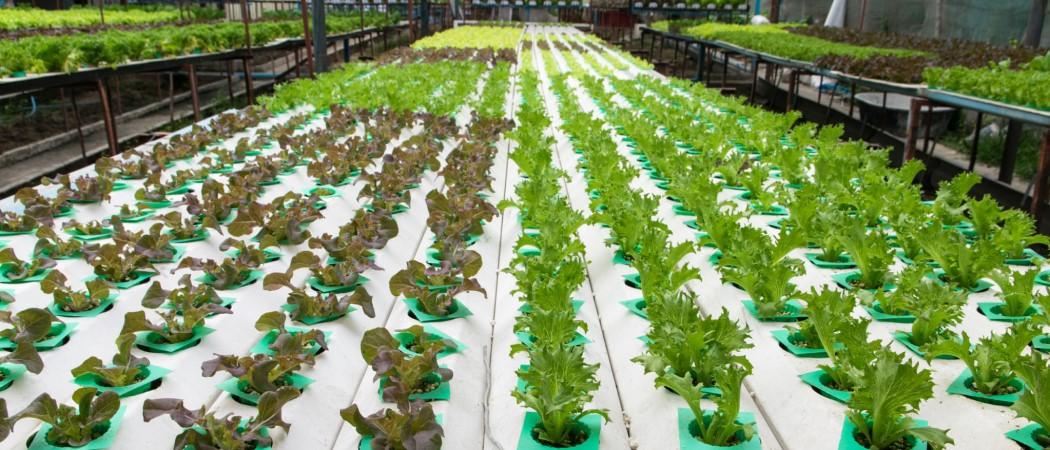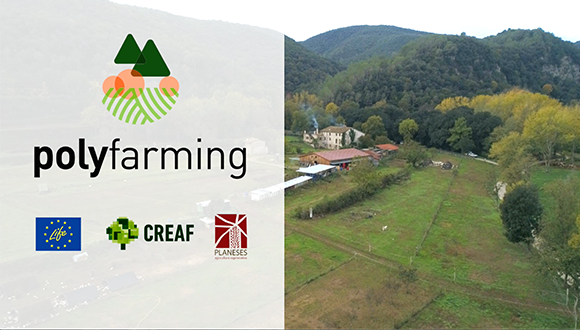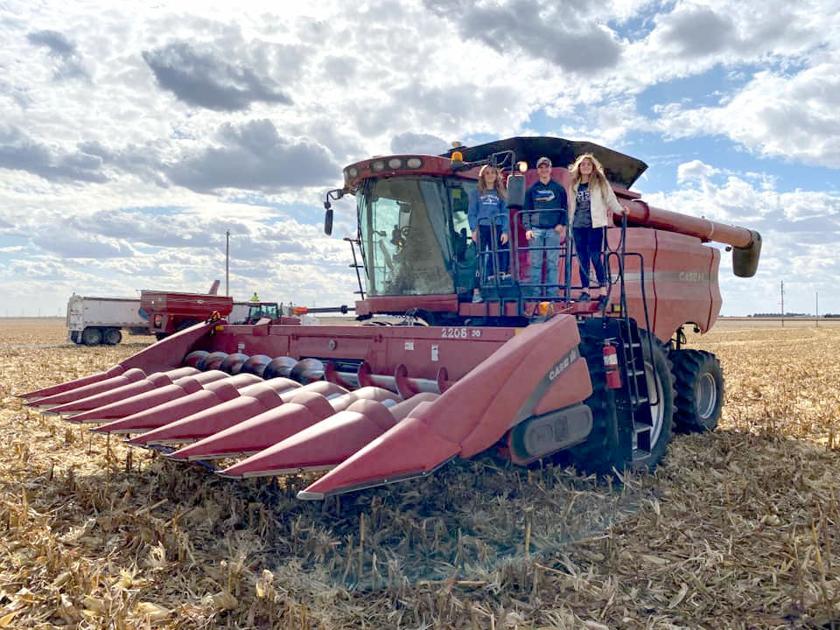10/24/2020 SOURCE: sciencebusiness.net
The phase III trial of AZD1222, the COVID-19 vaccine being developed by AstraZeneca and Oxford University will continue in Brazil, following a review into the death of a volunteer. The Brazilian health authority disclosed the death on Wednesday, without saying if the volunteer had received the vaccine or the placebo, citing confidentiality protocols. Oxford University said a "careful assessment" had revealed no safety concerns in the phase III COVID-19 trial, which started in June and aims to enrol 5,000 volunteers across the country. AstraZeneca said it could not comment on individual cases but "can confirm that all required review processes have been followed". "All significant medical events are carefully assessed by trial investigators, an independent safety monitoring committee and the regulatory authorities," the company said. "These assessments have not led to any concerns about continuation of the ongoing study." The test vaccine, developed at the Jenner Institute at Oxford University, is also in phase III trials in the UK, South Africa and the US. AZD1222 is one of the leading candidates of more than 240 similar efforts around the world. In a bid to further speed up development of a vaccine, it was announced earlier this week that healthy people will be deliberately infected with COVID-19 in the first “human challenge” trial for the virus, set to begin at a London hospital in January. The London study will recruit up to 90 healthy volunteers between the ages of 18 and 30. The UK government has pledged to invest £33.6 million in the trial, which will be carried out by HVivo, the UK subsidiary of Open Orphan plc of Dublin. HVivo has long experience of conducting these trials, having deliberately infected around 3,000 volunteers with different viruses in previous human challenge studies. “Deliberately infecting volunteers with a known human pathogen is never undertaken lightly,” said Peter Openshaw, co-investigator on the study at Imperial College London. “However, such studies ar...
COVID-19 vaccine trial will continue after volunteer death
-
(0)
-
Bookmark
- Comments. (0)
10/24/2020 SOURCE: sciencebusiness.net
The EU should make use of innovative breeding technologies to boost sustainability of food production, agriculture ministers agreed on Monday, as they gave their stamp of approval to the European Commission’s ‘Farm to Fork’ plan to reduce the use of fertilisers by 30 per cent and turn 25 per cent of agricultural land over to organic farming. The ministers called for the use of “new innovative ingredients and techniques” to boost sustainable food production, as long as they are shown to be safe for humans, animals and the environment. This was with reference to precision breeding using gene editing, which enables genetically modified organisms to be generated without introducing genes from other species. As things stand, the technology cannot be used in the EU, following a 2018 ruling by the European Court of Justice, which founds genome editing is subject to the 2001 EU directive banning genetically modified organisms. Researchers in 120 institutes across Europe have asked the commission to reverse the court ruling, arguing precision breeding and genome editing are a speeded-up equivalent of traditional breeding techniques and could increase the genetic diversity of crop plants, reduce use of pesticides, and further the development of healthy food. Agriculture ministers want the commission to complete its study of the status of novel genomic techniques under EU legislation by April 2021. The commission’s view is that precision farming technologies should underpin the transition to eco-friendly food production. Frans Timmermans, the commission’s executive vice-president for the European Green Deal said the EU aims to give farmers the tools to adopt precision agriculture and to leverage scientific discoveries to optimise seeds. “That's how we limit our dependency on pesticides,” Timmermans told delegates at the EU Green Week conference last week. “Going to ecological farming doesn't mean we all have to munch on grass and live in caves, we need to use the latest technology to get us ther...
Member states want commission to decide on the use of gene editing in animal and plant breeding
-
(0)
-
Bookmark
- Comments. (0)
10/23/2020 SOURCE: blog.creaf.cat
The Life-Polyfarming regenerative agriculture project, coordinated by Planeses and CREAF, has recently published six videos in which they explain, in an informative tone, the agricultural and livestock techniques carried out in the pilot farm in La Garrotxa, Catalonia. These techniques aim to recover fertile and profitable soil in a way that respects the environment. Mobile pens …
Six essential techniques to discover regenerative agriculture! - CREAF
-
(0)
-
Bookmark
- Comments. (0)
 Nancy Kavazanjian
Nancy Kavazanjian
Topics: Corn/Maize, Ethanol/Biofuel, Sustainability, Renewable Energy (Solar/Wind),
California E15 Testing to Start
With more than 15 million cars registered in the state, California has almost twice as many vehicles on the road than any other state in the nation, which makes it the number one market for growing domestic ethanol demand. To that end, the National Corn Growers Association (NCGA), state corn org
-
(0)
-
Bookmark
- Comments (0)
10/23/2020 SOURCE: www.smithsonianmag.com
Researchers say atmospheric dust in the region has doubled in the last 20 years, suggesting the increasingly dry region is losing more soil skyward
Are the Great Plains Headed for Another Dust Bowl?
-
(0)
-
Bookmark
- Comments. (0)
 John LaRose Jr.
John LaRose Jr.
Topics: Agriculture US, Young Farmers, FFA/4-H, Sustainability,
With farmer's help, interest among Villa Grove students is growing
Denny Reifsteck over the last three years has donated the use of 3 acres of his farm ground, where he allows the high school's FFA chapter to grow crops.
-
(0)
-
Bookmark
- Comments (0)
 John LaRose Jr.
John LaRose Jr.
Topics: Agriculture US, Agriculture Global, Economics, Sustainability, Fermentation/Vineyard/Wine, Grapes,
-
(0)
-
Bookmark
- Comments (0)
 John LaRose Jr.
John LaRose Jr.
Topics: Agriculture US, Agriculture Global, Economics, Sustainability, World Hunger, World Population, Coronavirus/COVID,
-
(0)
-
Bookmark
- Comments (0)
 John LaRose Jr.
John LaRose Jr.
Topics: Precision AG , Agriculture US, Crop Consultant, Agriculture Global, Poultry, Sustainability, Ag Global Specialty Food, Ag Innovation, World Hunger, World Population, Coronavirus/COVID,
5 poultry innovations ready to change the industry in 2021
COVID-19 posed numerous challenges for the poultry industry, from worker shortages to interruptions throughout the supply chain. New technologies can help the industry solve these issues and look forward to future opportunities to thrive and succeed.
-
(0)
-
Bookmark
- Comments (0)
 John LaRose Jr.
John LaRose Jr.
Topics: Agriculture Global, Food/Nutrition, Food Waste, Sustainability, World Hunger, World Population, Ag South America,
Latin America poised to lead the next 50 years in food systems and agrobiodiversity research
CGIAR centers make strong case for Latin America as the best place for investing in solutions to overcome challenges to global agriculture from climate change, pandemics and more.
-
(0)
-
Bookmark
- Comments (0)











